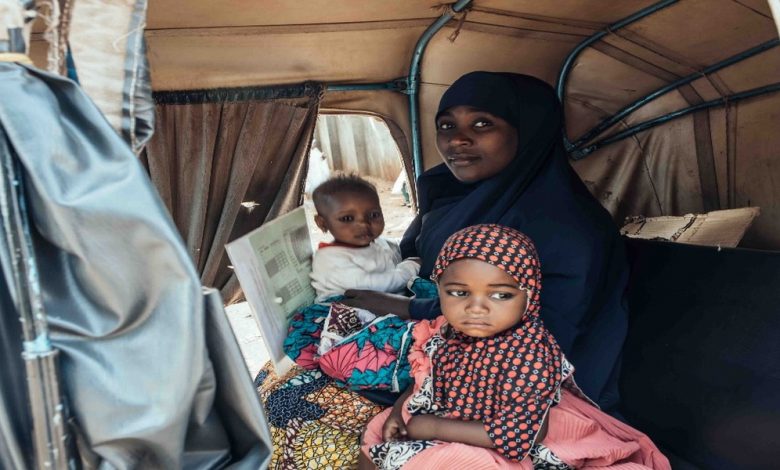
According to a United Nations Women survey titled “Measuring the shadow pandemic: Violence against women during COVID-19”, about 48 per cent of Nigerian women have suffered at least one form of violence since the COVID-19 outbreak, either directly or indirectly.
Albania, Bangladesh, Cameroon, Colombia, Côte d’Ivoire, Jordan, Kenya, Kyrgyzstan, Morocco, Nigeria, Paraguay, Thailand, and Ukraine were among the 13 nations studied.
Kenyan women were the most vulnerable to violence (80 per cent), followed by Moroccan (69 per cent), Jordanians (49 per cent), and Nigerian (49 per cent). Paraguayans were the least likely to report such incidents, with just 25 per cent reporting them.
The report reads: “Verbal abuse and denial of basic resources were the most common forms of VAW reported (23 per cent) since the pandemic began; denial of communication (21 per cent) although these may have been the result of measures taken to limit the spread of the pandemic, such as lockdowns, curfews, and social distancing.”
“Similarly, 16 per cent reported sexual harassment and 15 per cent reported physical abuse.”
Since the pandemic began, one in four women feels less secure at home, and domestic violence has escalated.
When asked why they felt unsafe at home, women mentioned physical violence, other family members hurting them, or other women in the household being abused.
Previously, the Nigeria Demographic and Health Survey (2018) found that 30 per cent of girls and women aged 15 to 49 had experienced sexual assault.
